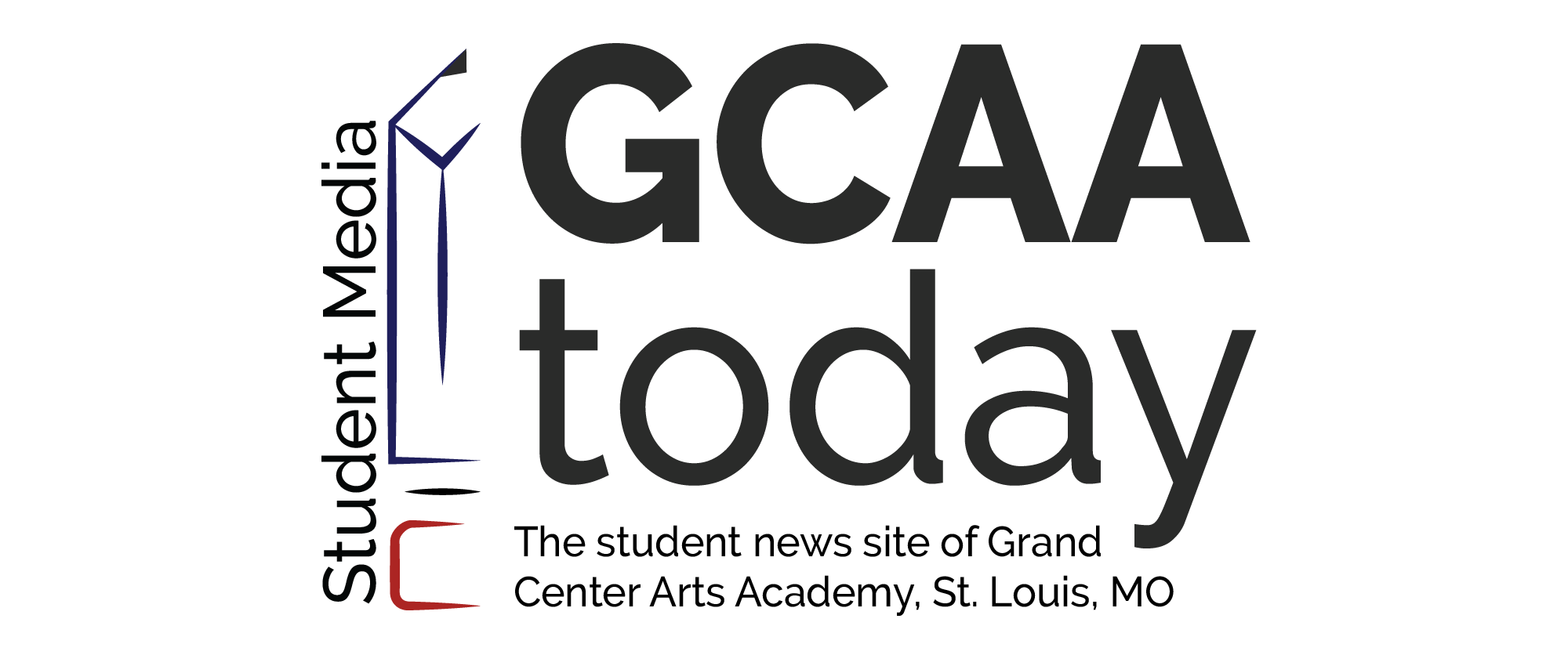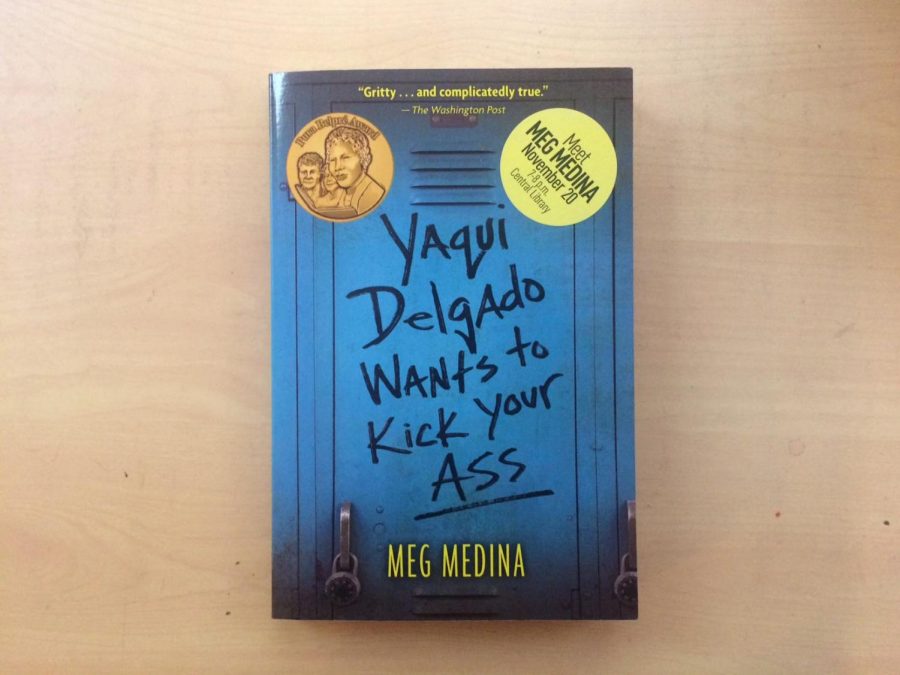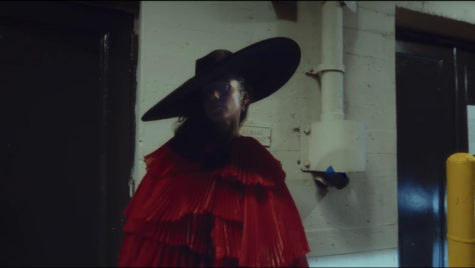Yaqui Delgado Wants to Kick Your Ass: exactly what you’d expect
Cover of Yaqui Delgado Wants to Kick Your Ass, a novel by Megan Medina.
Yaqui Delgado Wants to Kick Your Ass, a 260-page novel by Meg Medina, is stimulating and honest, but gradually inches into the predictable trope of high school rivalry.
The novel follows Piedad (Piddy) Sanchez, a fifteen-year-old Latina girl who has just switched homes and schools because of her troublesome previous neighborhood. Her mother, Clara, sees the move as a way to start over, but for Piddy, it represents a loss of childhood memories, security, and her best friend Mitzi. To make matters worse, a girl at her new school seems determined to make her life miserable — and she has no idea why.
Medina’s novel has several strong points, such as a host of well-rendered and memorable characters (like Clara, Piddy’s overworked stern mother, Lila, the sweet family friend, and Darlene, an acquaintance whose self-interest appears as kindness), settings and characters instilled with rich Latin-American culture and references, and a comfortable plot-pace that neither bores nor overwhelms.
However, in other areas, Yaqui Delgado Wants to Kick Your Ass falls short of greatness. For instance, Piddy’s progression as a character is flawed. Because the novel is in first person tense, we get a very good sense of her personality: careful, self-conscious, moral, and curious. However, during times of self-defining tension, her reactions are flat and static, making it seem like she does not care very much about the situation at all. Thus, when we are brought from point A to point B of her emotional state, the change seems unrealistic and sudden (resulting in several underwhelming climaxes).
Another issue is the relationship between Piddy and a local boy named Joey. Joey is a very complex character (his father is a drunkard who abuses his mother) which only makes the interactions between him and Piddy more strange and confusing. We are told from the start that they are old friends, but a lack of background information robs us off that sense of familiarity, while their random, unpredictable exchanges leave both Joey and Piddy with obscured motives and a stereotypical, groundless, and seemingly convenient attraction to one another.
Lastly, Yaqui Delgado Wants to Kick Your Ass’s message about bullying is lackluster. Like most high-school-drama books, an underlying theme of victimization and violence is present within the storyline. However, beyond the obvious “don’t do it” bullying lesson, there is no real insight or meaning to the whole altercation between Yaqui and Piddy: Yaqui is an unredeemable villain and Piddy is the faultless victim. The entire situation is made very black-and-white, which projects a sense of unrealism that dulls what could have been a groundbreaking story.
Medina’s use of language and literary elements suggests Yaqui Delgado Wants to Kick Your Ass was written for the younger (twelve to fifteen year old) class of readers, but it actually carries quite a few sensitive themes, such as domestic abuse, alcohol abuse, physical and mental self-loathing, adultery, and sexual content. Still, while lacking in some areas, Medina’s novel illustrates these themes in a realistic and mature way, ultimately providing an unapologetic narrative about the toils of teenage life.
Your donation will support the student journalists of Grand Center Arts Academy. Your contribution will allow us to purchase equipment and cover our annual website hosting costs.







